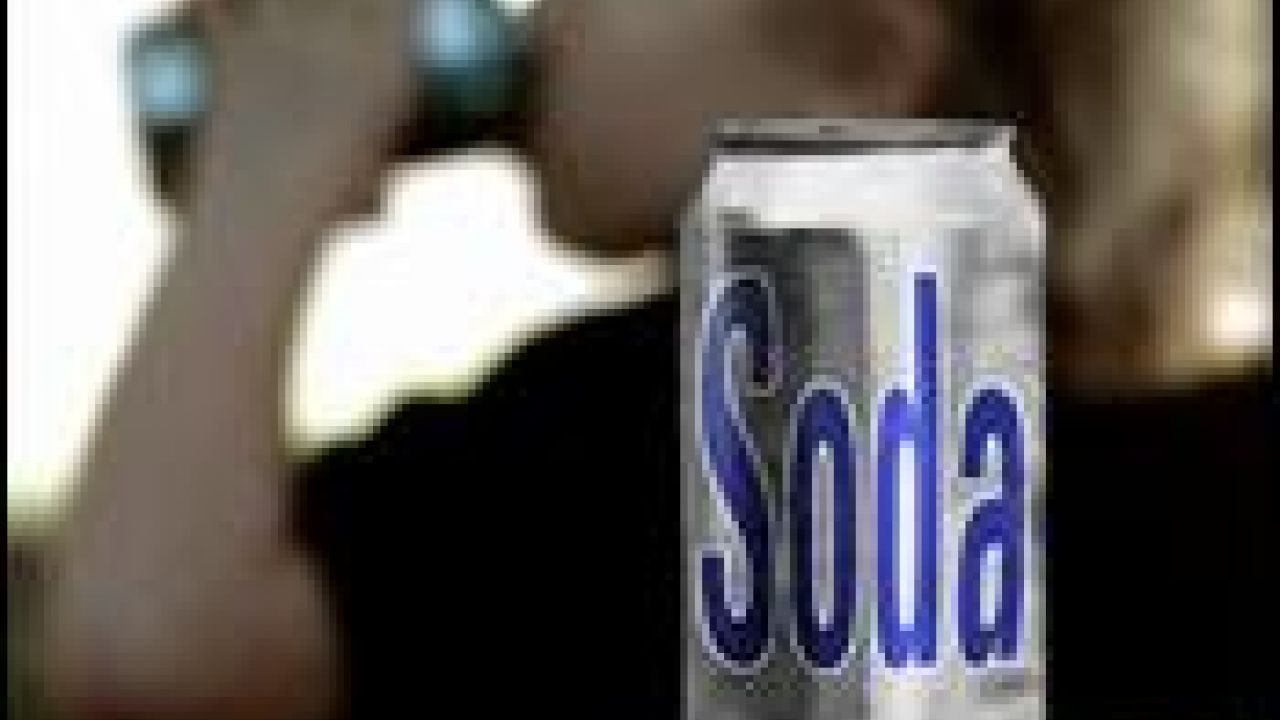
In 1991 the FDA let the beverage industry decide what to do about benzene in its soft drinks, without offering any guidelines for eliminating the carcinogen. Fifteen years later, benzene was still forming in soft drinks containing the ingredients sodium benzoate and ascorbic acid.
In an article for Food Navigator, Chris Mercer interviews a former FDA enforcement official about the agency's permissive attitude toward carcinogens in soft drinks. Acknowledging he was “not proud” of the FDA’s inaction on benzene, the ex-official noted:
Big companies are very powerful. If you’re a regulator with a tight budget, it could have been one of those closets with skeletons in it that you don’t want to open.
But while industry may once have benefited from (or demanded) FDA’s hands-off regulatory style, a slew of lawsuits this year has some soft drink manufacturers—most notably Kraft Foods--requesting more guidance. According to Effect Measure, FDA just can’t win:
Now [FDA] are in danger of getting on the wrong side of the food industry, too, as the food industry entreats the FDA to give them guidance. The FDA can't even do its corruption competently.
While the FDA and industry both trivialize the risks of cancer from benzene in soda, Effect Measure points out:
The problem is that with tends of billions of bottles consumed around the world, the risk doesn't have to be large. A one in a million risk is nothing for an individual but it is 1000 cancers for a billion individuals.
The ex-FDA official adds perspective as well.:
There is a difference here between a small and unavoidable risk, and a small but avoidable risk, the source said.The FDA seems to think the risk is quite low here. On the other hand, it's in a [non-essential] product nobody needs, and it doesn’t have to be there. They claim they can reformulate.



